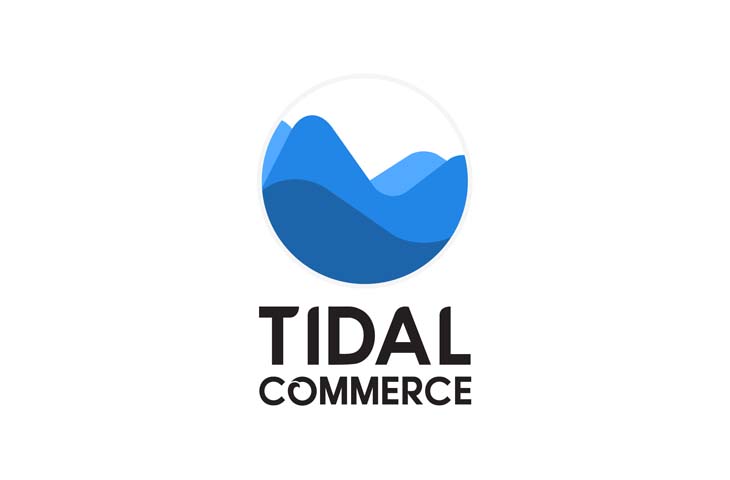For those hearing about Tidal Commerce for the first time, would you share some background on the company?
Tidal Commerce is a cloud-powered credit card processing and merchant service provider working to save merchants money and scale their growing businesses. We have over a decade of industry experience, an A+ rating from the BBB and currently we’re trusted by over 1,000 merchants for whom we process about $1 billion annually.
As a payments processor, can you tell me why you offer your merchant customers in-house chargeback mitigation?
We offer chargeback mitigation because it is a complicated process to navigate if you’re not familiar with it. As the merchant processor, we believe it is our job to help navigate all aspects of the card-brand relationship for our merchants. Also, we hold the end liability. If our merchant does not have the money to pay the chargeback, it comes out of our pocket.
How does offering in-house chargeback mitigation benefit Tidal Commerce’s bottom line?
Conducting chargeback mitigation in-house is more cost effective because we know our merchants better than an outside contractor and we can avoid the additional costs of contracting outside chargeback prevention companies – a savings which we pass on to the customer.
We’ve found that offering this service creates loyalty to our company because we’re helping merchants in their time of need. The chargeback system is built in favor of the credit card customer, not the merchant. Merchants appreciate when their payments providers help to level the playing field for the merchant.
What has been the reaction from your merchant customers from offering in-house chargeback mitigation?
I was surprised to find that most clients don’t recognize how big of a benefit this is. Most merchants have some familiarity with chargebacks, but most believe it is a process they have little control over. While it is true that many banks rule in favor of the cardholder in payments disputes, it is by far a hopeless case for merchants. For instance, the way merchants present their chargeback case to the reviewer could impact whether the reviewer rules in their favor. Remember, these reviewers see dozens of these cases a day and may only have 5 minutes to rule on each case. So it is imperative that the merchant include all necessary information about why a chargeback claim is invalid right up front, in order to be sure it’s seen by the reviewer (this can be done with a cover letter for example).
We usually see more positive recognition of this service from our clients after a chargeback dispute is settled in their favor. We typically see an 80% success rate when we are representing these on behalf of the merchant. As opposed to 0% if you don’t respond.
What kinds of tips do you provide your merchant customers to help them prevent chargebacks that our readers could benefit from?
It all depends on the type of business. For online merchants, there are different best practices than for retail or restaurants. Overall, we recommend having a well-defined and easily accessible refund policy. If the client can contact you regarding a refund before they contact their bank, this can save you a chargeback charge.
Learning from your chargebacks is also recommended. Merchants should track and categorize their chargebacks to better understand any patterns they can prevent in the future.
Lastly, and perhaps obviously, we’d recommend using a payments processor that has a policy in place to help merchants with chargeback representment.
With all the competition in the payments processing industry, what other extra service offerings are you seeing from other companies to remain competitive?
I have seen a big move toward integrated software that helps merchants manage their business. Also, many processors offer free equipment, discounts and rebates, etc. Merchants should realize that free does not always mean free. Merchant equipment is getting to be more and more expensive, and no one is going to give thousands of dollars’ worth of free equipment to a customer that only makes them fifty dollars per month in revenue. The merchant processing industry is unregulated but it is one of the only industries where your vendors’ cost is published for the public to see.
Are consumers responding to the extra offerings or are they mostly concerned with price of payments processing services?
I feel that merchants are still price sensitive, however, they see the value in additional services that help them grow their business. If you give merchants something that they see as valuable, the actual processing cost becomes less a part of the conversation.
